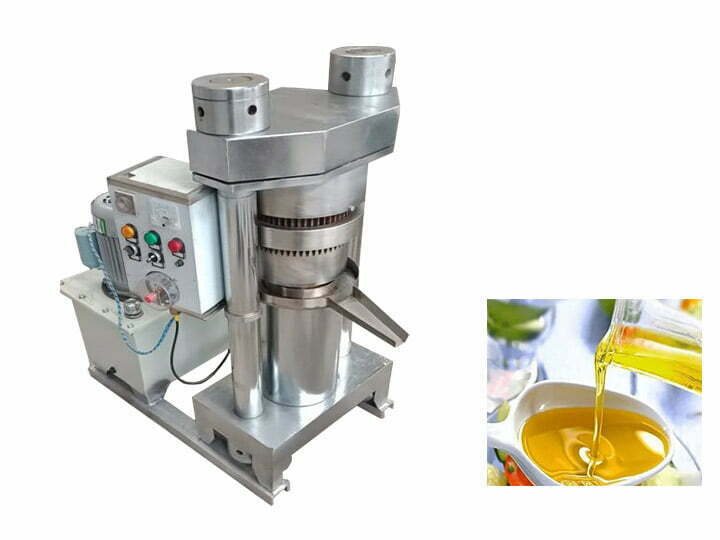The canola oil press is designed to extract oil from rapeseed plants. Canola oil, also known as rapeseed oil, is a golden, shiny, slightly transparent viscous liquid. It is commonly used in the cooking of all kinds of dishes, as one of the main oilseed crops in the world. The rapeseed oil content is 37.5% to 46.3%. For different types of rapeseed, its oil content is slightly different. Our canola oil extraction machine has two types: canola screw press and canola oil cold press machine, which can achieve both hot pressing and cold pressing.


Canola Oil Extraction Process
After harvesting rapeseed, it usually takes the following steps to produce canola oil.
Rapeseed cleaning and impurity removal → canola shelling → rapeseed roasting (optional) → rapeseed pressing by canola oil press
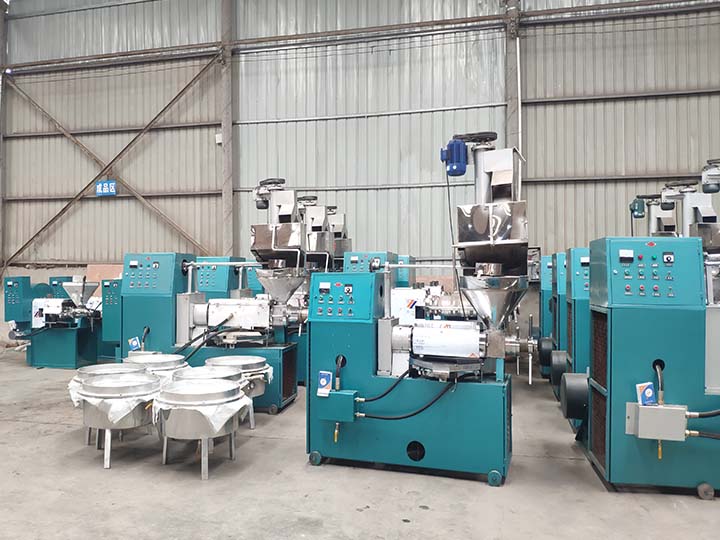
How Does The Canola Screw Press Work?
Hot pressing involves pressing the rapeseed after roasting. Hot-pressed rapeseed oil has a strong canola flavor. The hot press method has a high extraction rate and efficiency.
After roasting the canola seeds, put the materials into the screw oil press. During baling, the canola screw press drives the rotation of the screw shaft, so that the rapeseed in the bale chamber moves forward continuously. Gradually, the space between the pressing chamber and the screw shaft narrows, and the pressure increases rapidly. The tremendous pressure and heat breaks the oil cells, and the oil flows out. After extracting the oil, he extrudes the cakes.
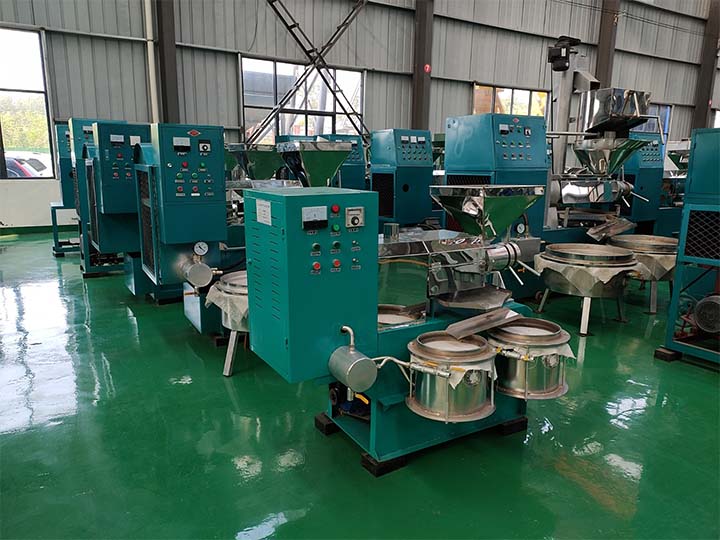
Canola Oil Expeller Video
The operation of Canola Oil Cold Press Machine
Cold pressing oil is pressed without the previous step of roasting. The nutritional elements are not destroyed, so it has a certain advantage. Cold pressing by hydraulic oil press often requires 2-3 times, and the efficiency is lower than that of hot pressing.
When using the canola oil press, the rapeseed should be put into the barrel. Then it is pressed by the hydraulic oil, and the process does not cause high temperature. After pressing, it should take out the cake or start pressing for the second time.
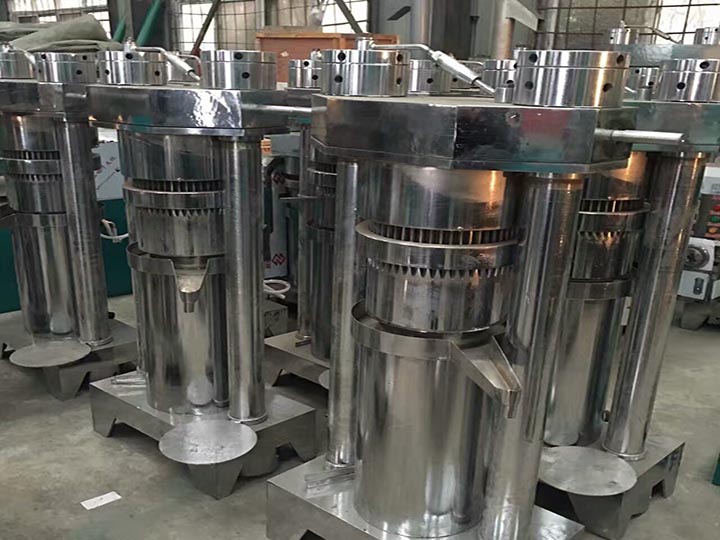
Canola Oil Refining Process
After getting canola crude oil by using a canola oil press, people can also refine oil by applying an oil refinery machine according to the following procedures.
Filtration of crude oil → refining of crude oil (degumming, deacidification, decolorization, deodorization and deratting) → filling and packaging of canola oil
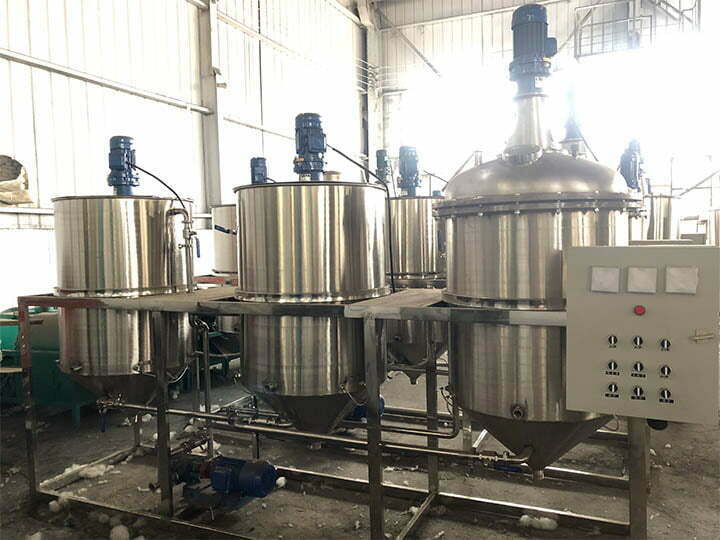
Benefits of Canola Seed Oil
- Canola oil contains less saturated fatty acids, only 6%, and unsaturated fatty acids make up over 90%. Thus, rapeseed oil is conducive to bile function and lowering cholesterol in the human body.
- The absorption rate of rapeseed oil by the human body is high, up to 99%. The unsaturated fatty acids such as linoleic acid and vitamin E contained in it can be well absorbed by the body and have a certain effect on softening blood vessels and delaying aging.
- As the raw material for oil extraction is the seed of plants, it usually contains some seed phospholipids, which is very important for the development of blood vessels, nerves and brain.
- Raw rapeseed oil has an anti-inflammatory effect. Cold-pressed rapeseed oil is effective in treating scalds.
- Rapeseed oil is good for the eyes. Eating it often can be helpful in preventing senile eye diseases. Rapeseed oil can also help the eyes resist strong light stimulation, which is helpful in preventing amblyopia in children.

Tips For Eating Canola Oil
- The oil has a certain shelf life and should not be stored for too long;
- Oil heated at high temperature should not be used repeatedly;
- It is advisable to take rapeseed oil with other edible oils rich in linoleic acid to achieve nutritional balance.
For other detailed information about our canola oil press, please feel free to contact us.

